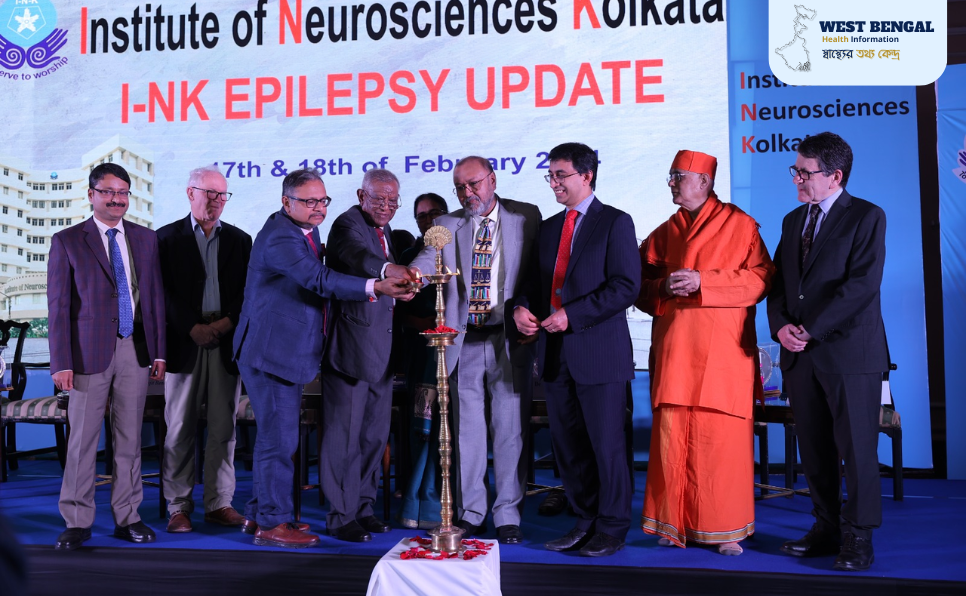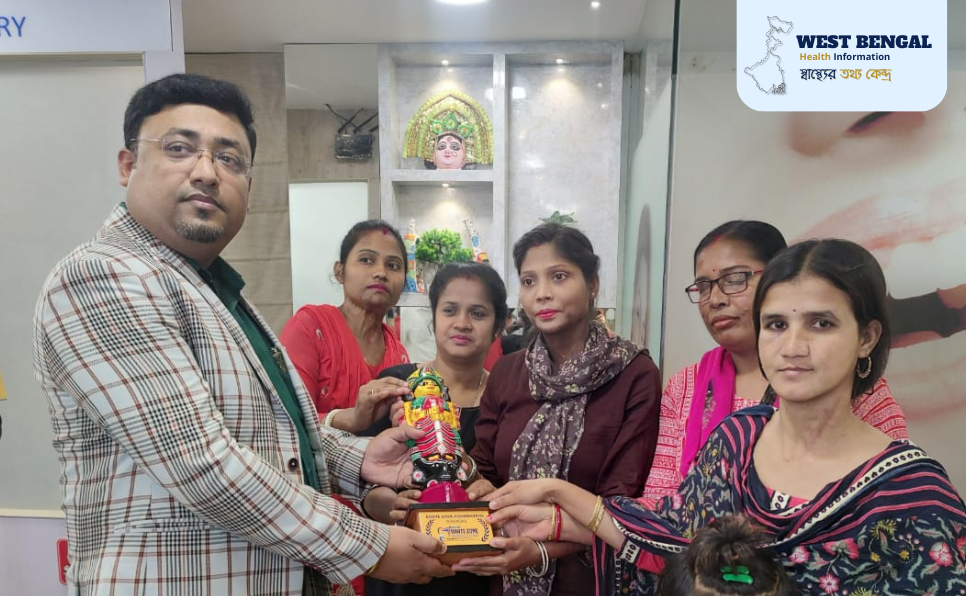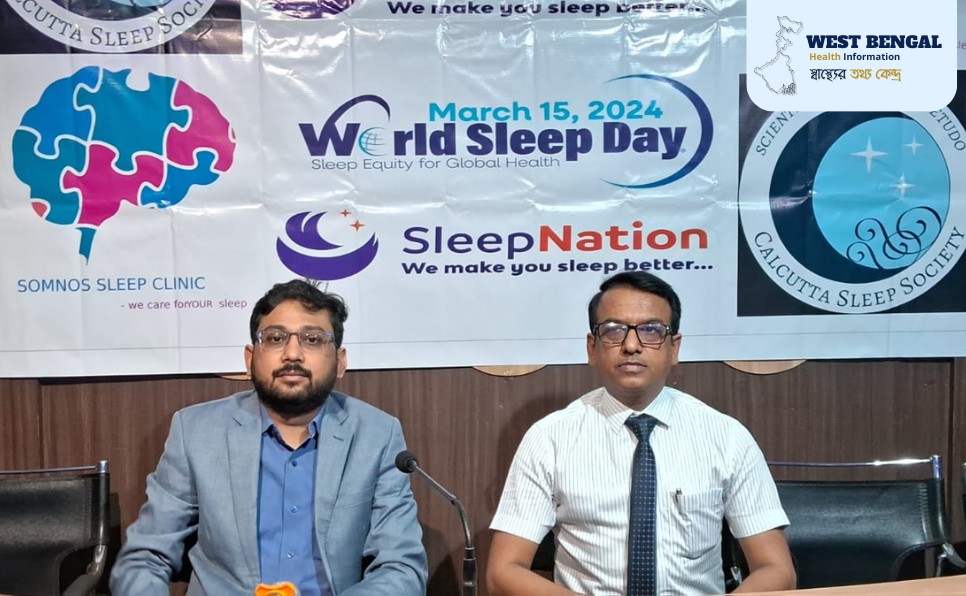Date: March 13, 2024
Location: Kolkata, India
In a bid to address the pressing issues surrounding epilepsy, the “I-NK Epilepsy Update” conference, in collaboration with the Oxford group, took place on February 17th and 18th, 2024, at the prestigious Oberoi Grand in Kolkata. The conference aimed to shed light on the challenges faced by individuals with epilepsy, particularly in low-resource settings, and to tackle the prevalent social stigmas associated with the condition.
Epilepsy, a neurological disorder affecting millions worldwide, remains a significant health concern in India, with approximately 12 million people afflicted, contributing to about one-sixth of the global burden. Notably, rural populations and those with low socioeconomic status bear a higher prevalence of the condition. Despite advancements in treatment, epilepsy continues to carry social taboos, leading many individuals to conceal their condition due to concerns regarding education, employment, and marriage.
Women, in particular, face unique challenges concerning epilepsy, including issues related to marriage, pregnancy, and childbirth. With an estimated 1.5 million women of reproductive age in India suffering from epilepsy, addressing their specific needs is paramount.
The conference highlighted various aspects of epilepsy, including its history, diagnosis, recent advances in management, such as epilepsy surgery and neuromodulation, and the management of epilepsy-related emergencies, such as status epilepticus.
Distinguished international and national experts in the field of epilepsy, including Prof. Simon Shorvon, Prof. Arjune Sen, Prof. Charles Newton, Prof. Rob Brownstone, Dr. Ioannis Stavropoulos, and Dr. David Okai, alongside renowned Indian faculties like Prof. P. Satishchandra, Prof. Ashalatha Radhakrishnan, and Dr. Chaturbhuj Rathore, shared their insights and expertise during interactive lectures, video sessions, and case-based discussions.
The conference aimed to facilitate knowledge exchange among neurologists, fostering collaboration and addressing the treatment gap in epilepsy management. Moreover, emphasis was placed on raising social awareness to combat the stigma associated with epilepsy, with the ultimate goal of improving access to care and enhancing the quality of life for individuals living with the condition.
As the conference concluded, it left a resounding call to action for continued efforts in tackling epilepsy from both medical and societal perspectives, with the hope of creating a more inclusive and supportive environment for those affected by this neurological disorder.



